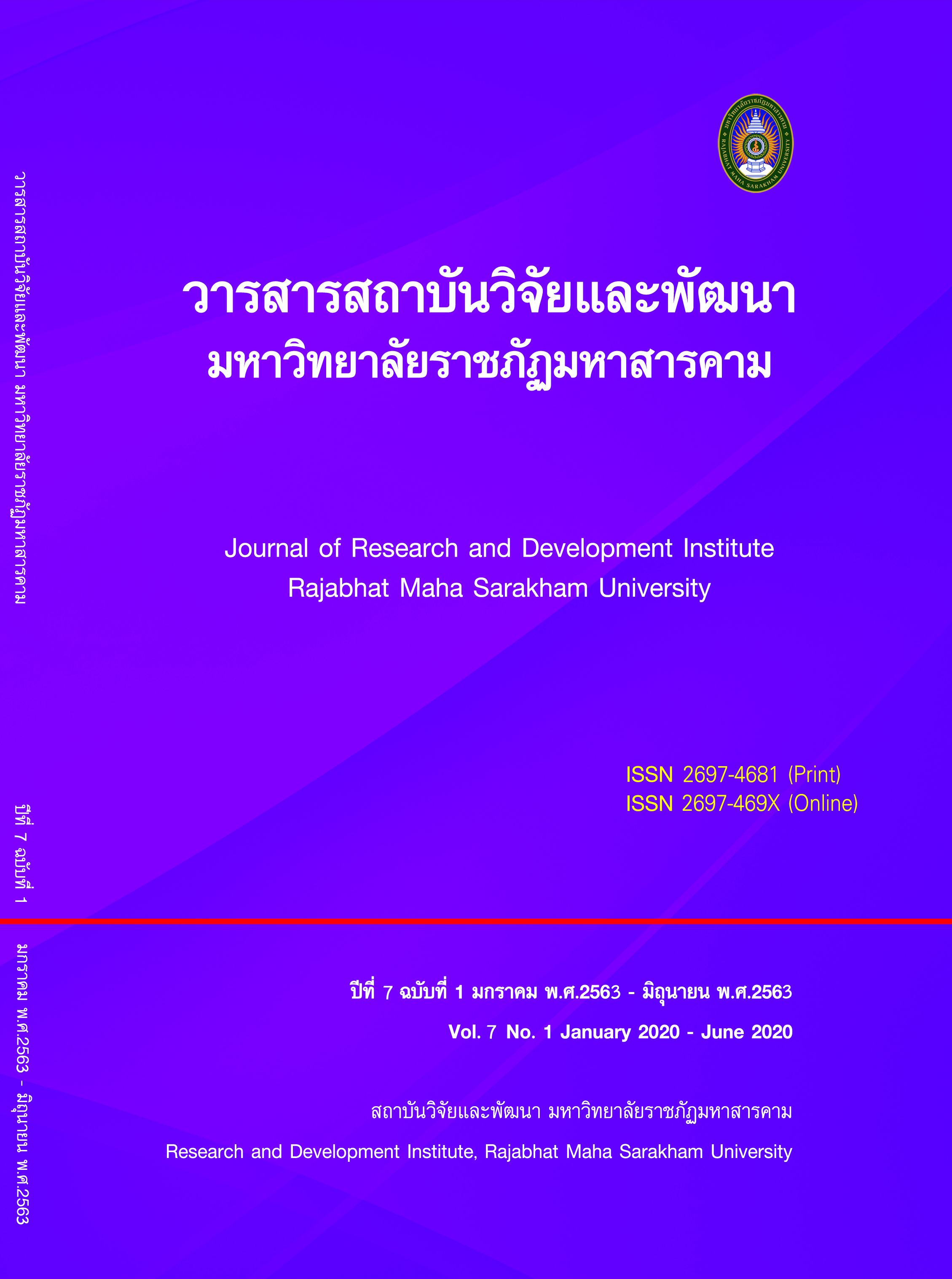The Management Efficiency Development According to Buddhism
Keywords:
Efficiency Management Development, Buddhism ManagementAbstract
The main characteristics of management could be divided into several characteristics namely; working with others and relying on others, making the job achieve the organization's goals, creating a balance between effectiveness and efficiency, limited use of available resources for maximum benefit and facing the changing environment all time. Therefore, the management requires both science and art to operate, the efficiency management development on Buddhist management can be applied in both public and private organizations which consist of (1) Buddhist planning, (2) Buddhist organizing, (3) Buddhist staffing, (4) Buddhist directing, and Buddhist controlling respectively.
References
References
Kosol Deeseentham. (2003). Industrial management techniques for executives. Bangkok: Se-Education.
National Education Commission, Ministry of Education. (2002). Learning reform: learner-centered. Bangkok: Office of the National Education Commission.
National Productivity Institute. (2003). Principles of increasing productivity. Bangkok: People's Press.
Pipob Vachungngern. (2004). Organizational behavior. Bangkok: Ruamsas (1997) Co., Ltd.
Pot Potchanapanichkul. (2018). Developing a person's work efficiency. [Online] https://sites.google.com/site/potarticle/02. [20 February 2018].
Ruangwit Ketsuwan. (2002). Quality management. Bangkok: Bophit Printing Co., Ltd.
Saiyud Jaisamran and Supaporn Bisalbutra. (2004). Organization development. Bangkok: Suan Dusit Rajabhat University.
Somyos Navikarn. (2004). Organization development and motivation. Bangkok: Library 1991.
Terry, George R. (1977). Principles of Management. Hlinois: Richard D. Irwin
Downloads
Published
How to Cite
Issue
Section
License
Articles that are published are copyrighted by the authors of the articles







